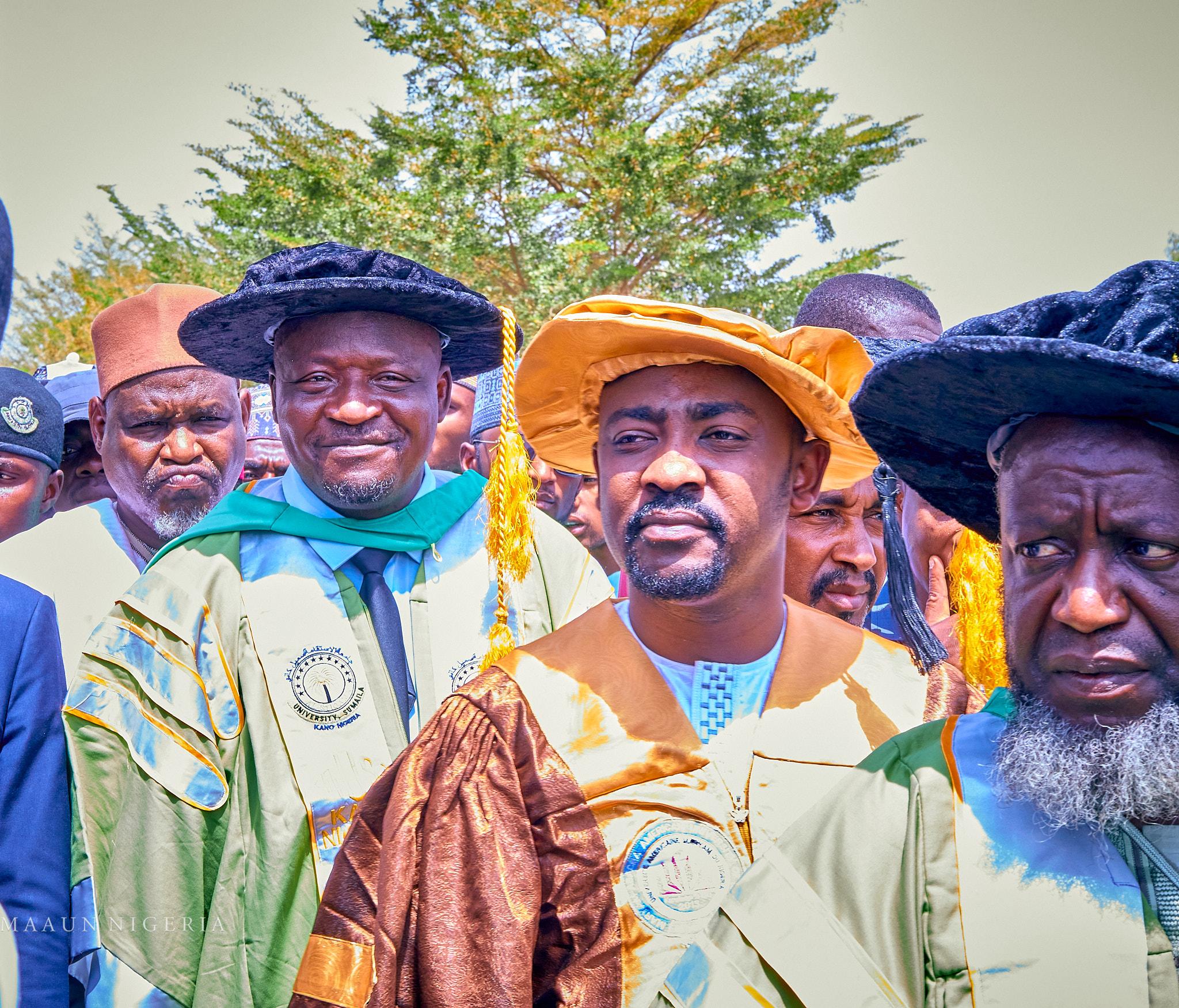LAGOS – A new wave of autonomous AI – capable of reasoning, acting independently, and scaling at unprecedented speed – is rapidly reshaping the technological landscape.
The rise of “agentic AI” and powerful, low-cost AI models is making artificial intelligence cheaper, more widely available, and potentially more energy efficient – but also harder to regulate.
With some prominent CEOs predicting human-level AI within two to three years, concerns are mounting over safety risks, weakened guardrails, and the challenge of responsible governance.
These issues will be at the centre of the AI for Good Global Summit 2025, the United Nations platform advancing AI in service of sustainable development, in Geneva, Switzerland from 8 to 11 July 2025.
The expanded, four-day gathering will also showcase progress on advanced robotics, autonomous mobility, quantum computing, AI in space, and brain-computer interfaces.
Organised by the International Telecommunication Union (ITU), the UN agency for digital technologies, the goal of AI for Good is to identify trustworthy applications of AI, build AI skills and standards, and strengthen global dialogue on AI governance for sustainable development.
“As AI development accelerates, so does the urgency to keep innovation aligned with the Sustainable Development Goals,” says ITU secretary-general Doreen Bogdan-Martin. “AI for Good is where the world comes together to ensure these technologies are safe, responsible, and leave no one behind.”
At the AI for Good Global Summit 2025, leading experts from governments, industry, academia, civil society, and the UN will explore how AI is reshaping our world, tackling urgent challenges such as safety, employment, sustainability, privacy, security, governance, and its broader societal and economic impacts.
Responding to the Global Digital Compact, adopted last year by the UN General Assembly, the AI for Good Global Summit 2025 will provide a global platform for dialogue to advance AI governance, standards, and capacity building. As AI adoption accelerates, the Summit aims to inform policies and drive solutions that ensure AI is developed and deployed responsibly, fairly, and for the benefit of all.
Yet, a global AI governance gap persists—an ITU survey found that 55% of Member States lack a national AI strategy, and 85% have no AI-specific regulations.




 1 week ago
40
1 week ago
40








 English (US) ·
English (US) ·